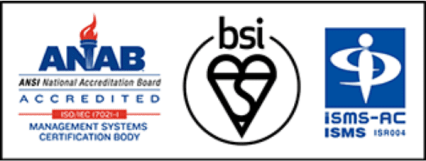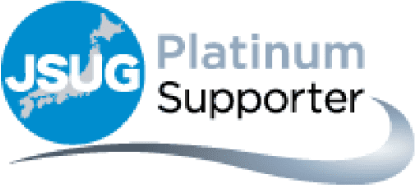Seminars & Events
View More
Case

Nidec Techno Motor Corporation’s collaborative SCM framework between Japan and China.
Amid rapid product diversification, shorter product life cycles, and increased price competition in the consumer electronics market, Nidec Techno Motor faced mounting pressure to respond quickly to sudden shifts in demand.
Production planning had traditionally been based on monthly meetings that reviewed sales, production, and inventory. However, the increasing volume and variety of products outpaced the company’s manual processes. Compounding the issue, Japan and China each operated on separate systems with incompatible code structures, leading to redundant data entry, miscommunication, and delays in processing schedule and order changes.
Beyond system integration, there was a growing recognition of the need to improve operational standards, information accuracy, and overall speed.
To address these issues, the company adopted SAP ERP along with the IPS Public Package, aiming to build an infrastructure capable of sharing information in real time across borders and capturing both physical and financial flows.
The IPS Public Package is built on a market-in philosophy, integrating sales, production, and procurement for optimal, company-wide performance and enhanced customer service. It includes practical functions designed to support both standard and exceptional operations, making it user-friendly even for frontline staff.
Features include real-time order scheduling, flexible production planning, performance tracking, and integrated scheduling tools—supporting agile and informed decision-making.
By linking logistics and accounting systems, SAP ERP enabled single-point data entry at the operational level, enhancing input accuracy and eliminating redundant work.
Accurate, real-time visibility into stock and outstanding orders reduced reliance on buyer intuition and improved procurement precision.
Previously, only select individuals could access critical information. With SAP ERP and BW, data became accessible to anyone who needed it, enabling standardized operations and reducing reliance on individual experience.
Nidec Techno Motor evaluated these changes highly, citing notable improvements in decision-making speed and information reliability. The company is now working to deepen its SAP ERP and BW usage in China, moving toward its ultimate goal: cross-border SCM integration between Japan and China.
Visibility into outstanding orders and in-transit inventory enables accurate fulfillment and supply coordination across regions.
A unified database allows immediate access to financial and operational metrics from both countries, enabling quicker management decisions.
As market conditions continue to evolve, more and more companies are focusing on SCM as a means to enhance customer satisfaction and improve operational efficiency. For such organizations, IPS offers solutions that enable the rapid and cost-effective realization of SCM.
| Founded | October 1, 1998 |
| Employees | Japan: 700, China: 3,200, Thailand: 1,300 (as of 2004) / Total: 2,744 (as of 2022) |
| Capital | ¥1 billion (2004) / ¥2.5 billion (2022) |
| Sales | ¥20.1 billion (FY 2003) / ¥86.17 billion (FY 2022) |
| Industry | Manufacturing |
| Business | Small motors for appliances, medical and health devices, electric tools and related equipment |
| SAP Scope | SAP ERP: Procurement, inventory, sales, production, financial accounting, and controlling (implemented in both Japan and China) SAP BW (Business Warehouse): Implemented concurrently |
| Implementation Period | China: Jan 2004 ~ Dec 2004 (parallel run from Oct 2004) Japan: Jul 2004 ~ Aug 2005 (parallel run from Jul 2005) |
Considering Our Services?
Contact Us Today
 For those considering SAP solutions
For those considering SAP solutions
 Certified Partner Program
Certified Partner Program


